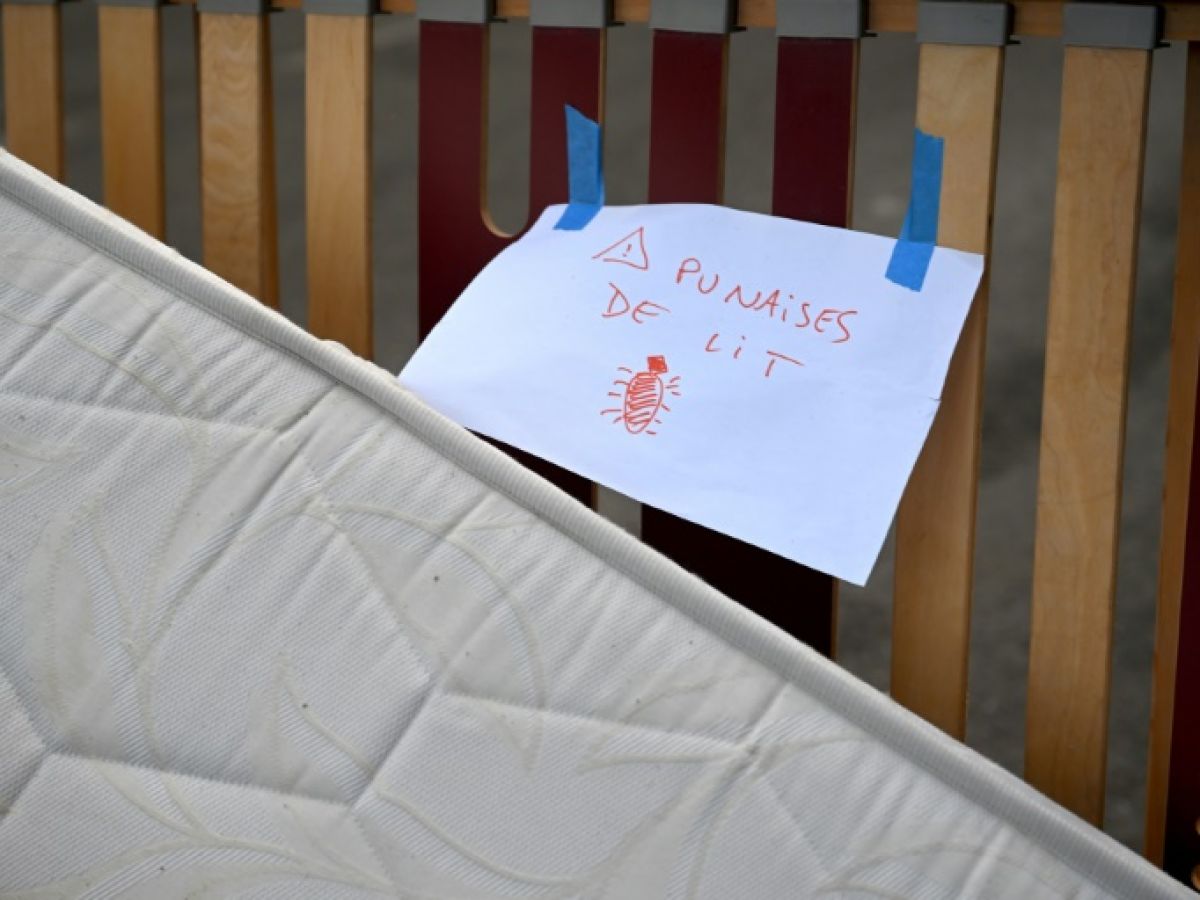Physiotherapists, nurses, doctors, dentists, midwives, speech therapists, and pharmacists working in private practice are mobilizing in Paris on Tuesday, despite the heatwave, to protest against the "blocking" of the revaluation of their fees and other cost-cutting measures in the face of the health insurance budgetary overrun.
Initiated by 13 trade union organizations united within the #SoignantsTrahis collective, this interprofessional protest movement will begin at 11:00 a.m. with a rally on the Place des Invalides.
The procession will set off toward the Ministry of Health, with an earlier departure time of around 1:00 p.m. due to the crushing heatwave that has been raging in France for several days, with the peak expected on Tuesday and Wednesday. Paris will also be placed on red alert.
"We will have misters and water fountains, and we are sure that people will be able to bring water bottles and flasks," Sébastien Guérard, a physiotherapist and president of the Liberal Health Association, told AFP.
The government's savings plan includes postponing until January 1, 2026 the price increases initially planned for July 1, 2025 for certain specialists.
The inter-union sees this as "an open disregard for the conventional system and agreements", and the liberal health workers point out that these measures are being taken in response to an economic situation for which they are not responsible.
"A responsible health policy cannot be based sustainably on intentions that are not followed up," criticizes the National Council of the Order of Physiotherapists, which reports "an increasing number of removals from the register due to physiotherapists leaving the country, primarily to Switzerland and Quebec."
– Reduction in discounts on generics –

Another source of anger among pharmacy unions is the government's plan to lower the ceiling on commercial discounts granted by manufacturers to pharmacies on generic drugs to between 20 and 25%.
Currently, discounts are capped at a maximum of 40% of the generic price.
Since these are declared to the Health Insurance, the State can see which manufacturer has granted discounts and then ask them for price reductions.
These rebates are part of pharmacists' remuneration, representing "a third of our margin," Guillaume Racle, economic advisor for the USPO, told AFP. He estimates the shortfall at €600 million if rebates are capped at 20%, or "€30,000 per pharmacy."
"Today, the State overpays for expensive medicines and underpays for mature medicines," summarizes this pharmacist, observing that "1% of medicines (in volume) cost 42% of city medicine expenditures."
The average cost of treatments assessed as providing no additional clinical benefit compared to existing treatments "has been increasing since 2021, as has their total expenditure, whereas it was decreasing in the past," acknowledges the Health Insurance in its annual report on health costs and savings.
The drop in prices resulting from the reduction in discounts will have an impact on jobs in pharmacies and risks worsening drug shortages, warn pharmacists' unions.
The Federation of Community Pharmacists (FSPF), the majority union, is calling for a "strike by on-call staff" starting July 1.
For their part, pharmacy brand groups (Federgy, UDGPO, etc.) have called on parliamentarians in a leaflet to "support the strict maintenance of current regulations on the margin of generic medicines."

